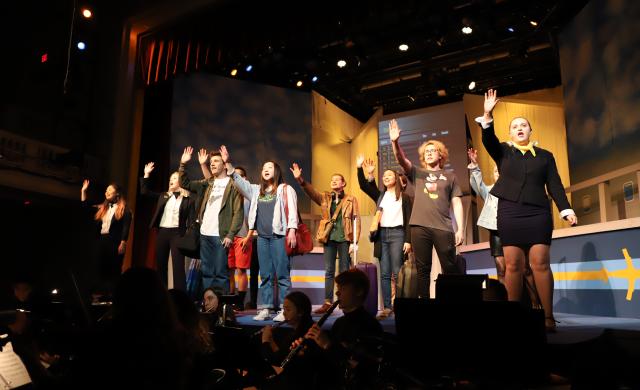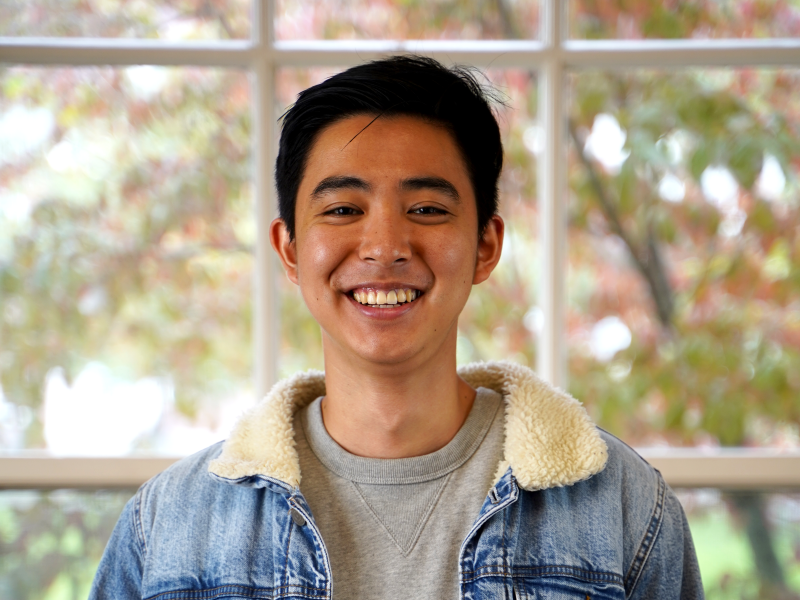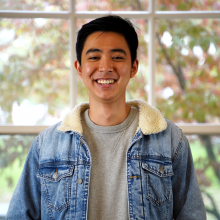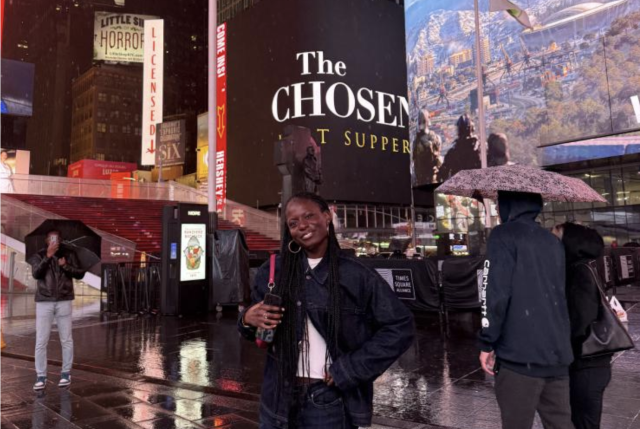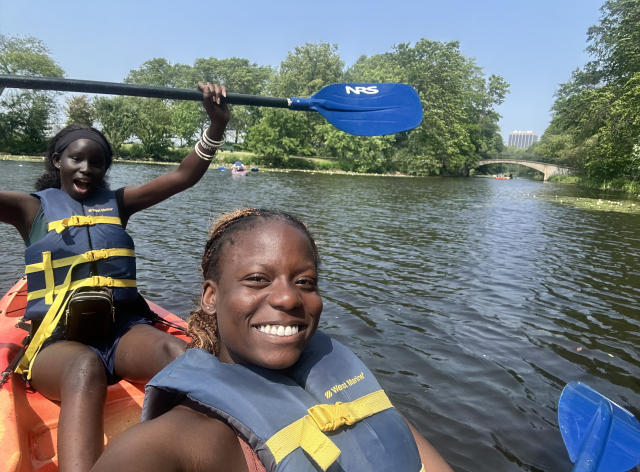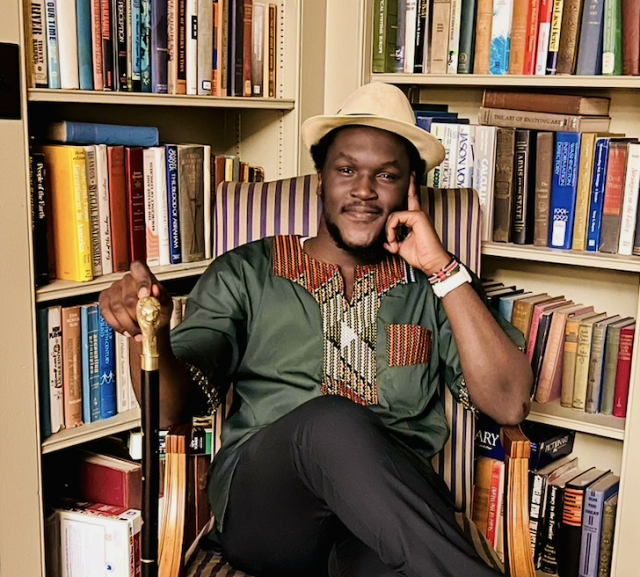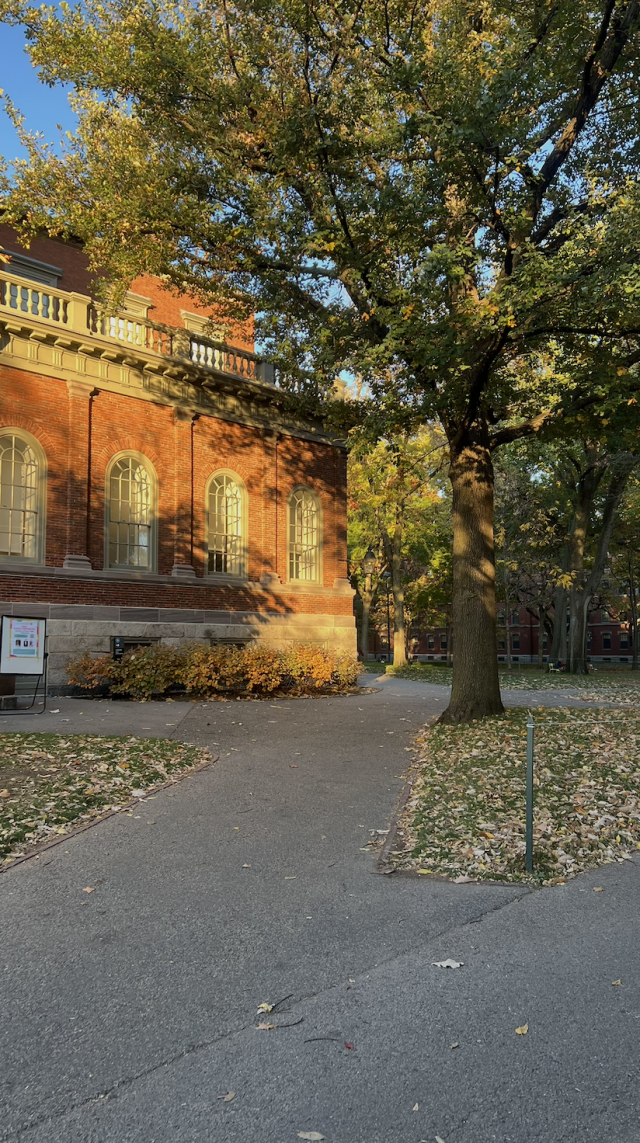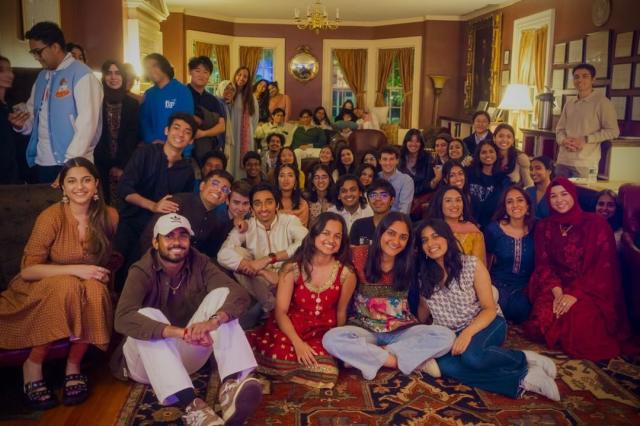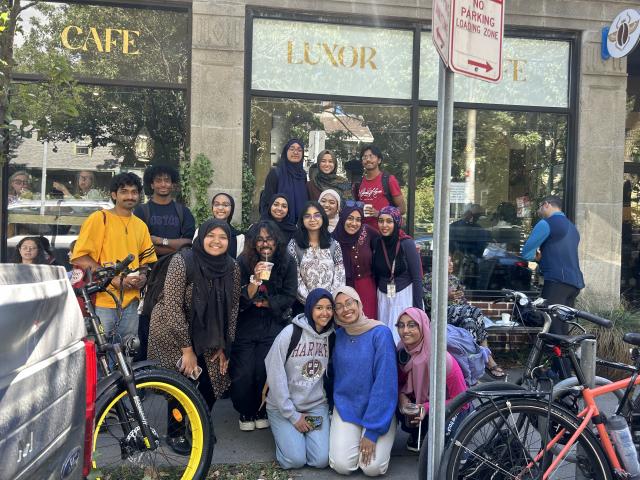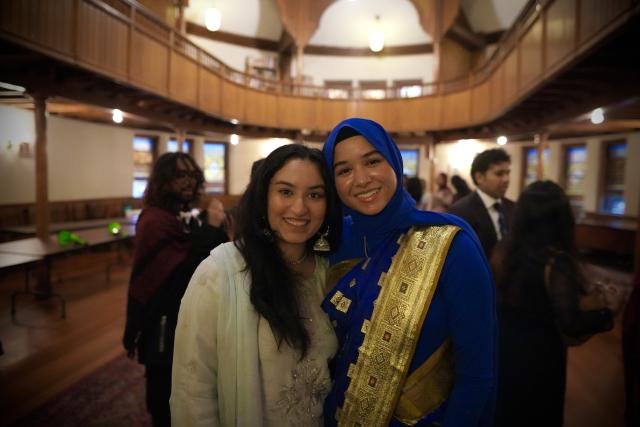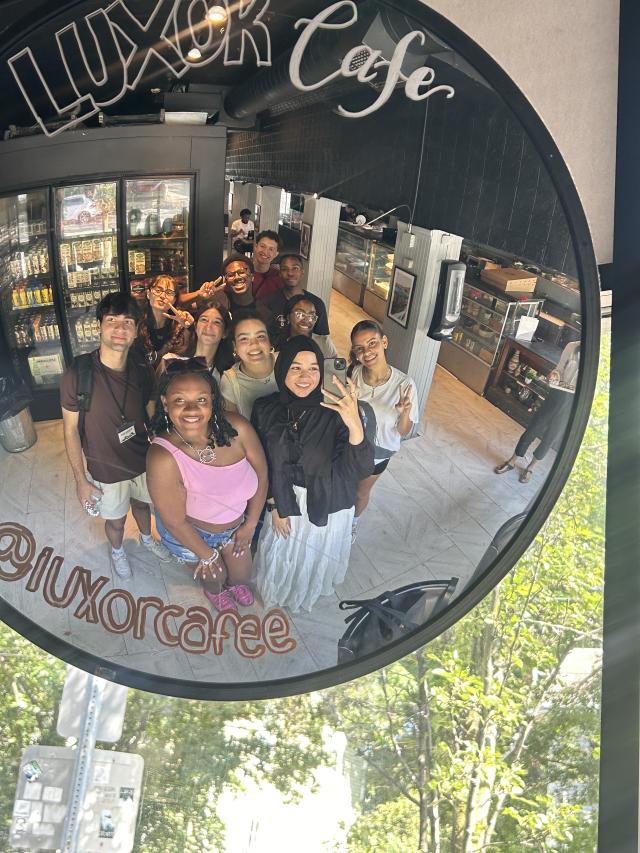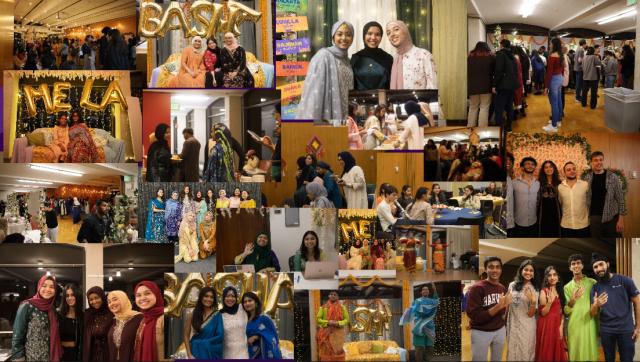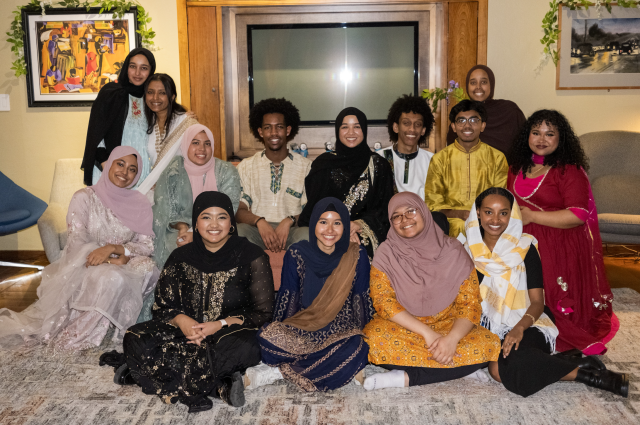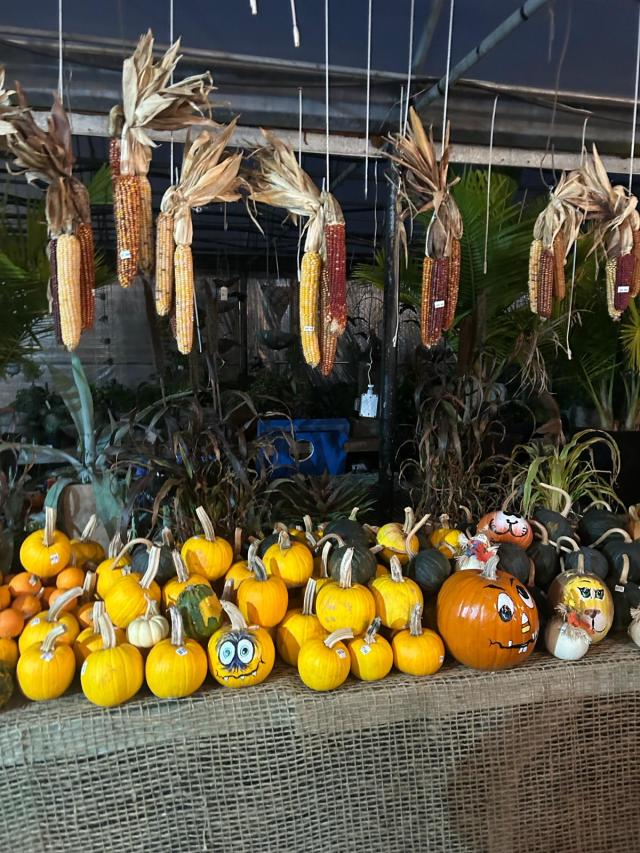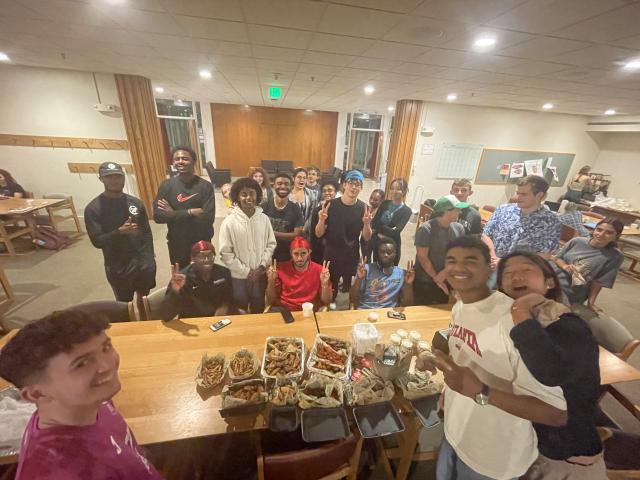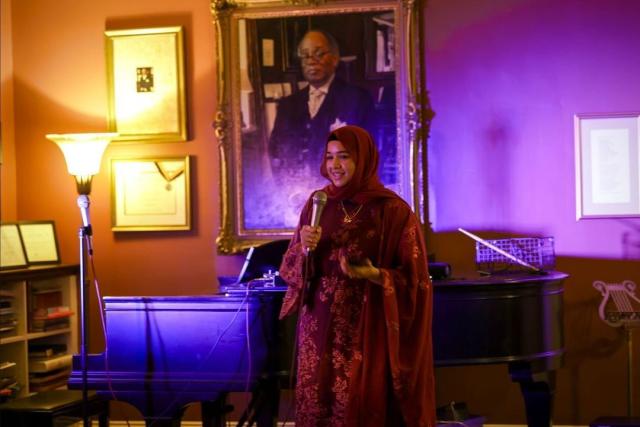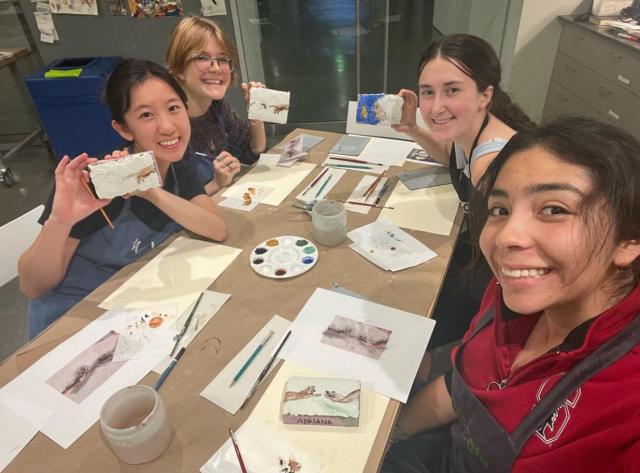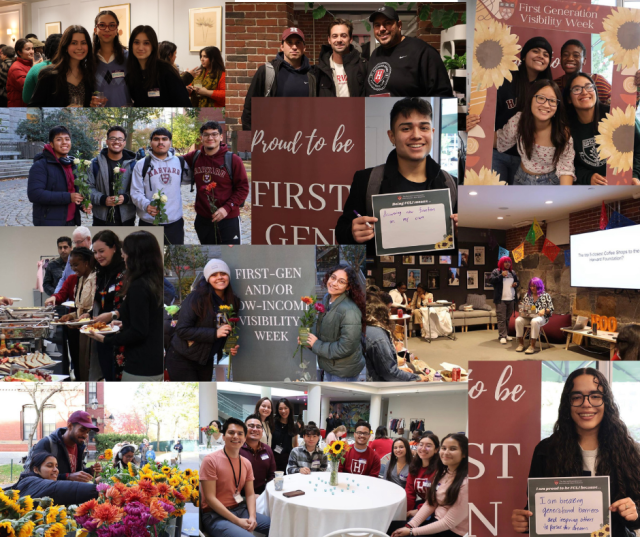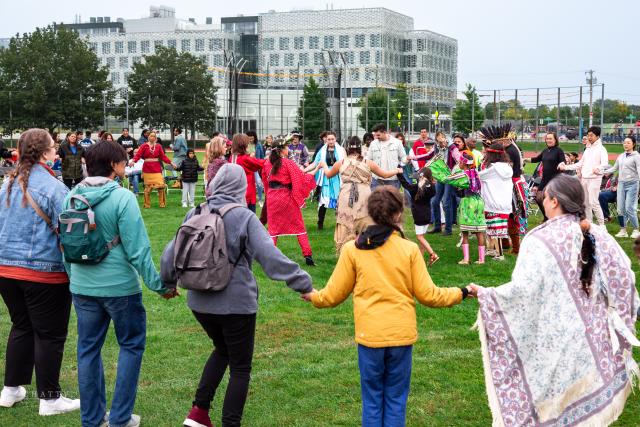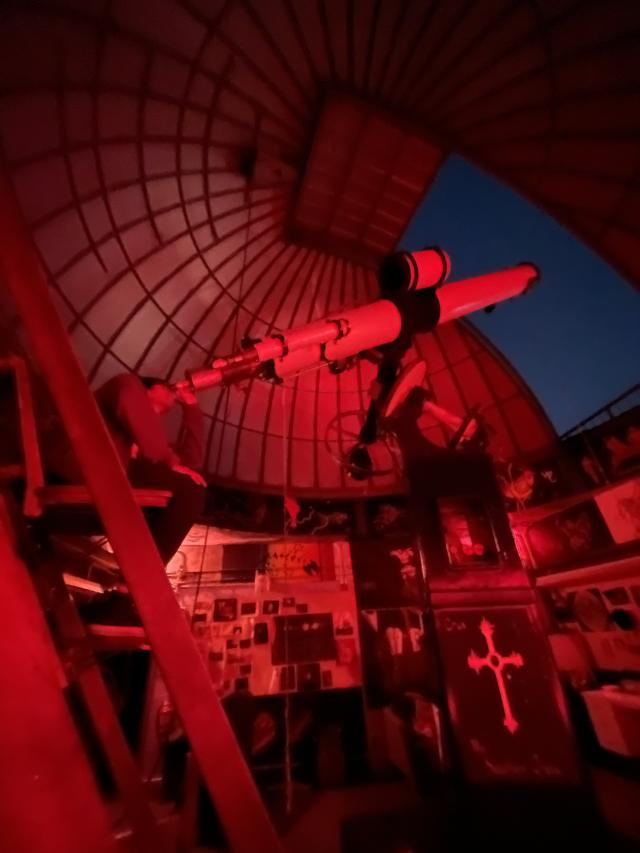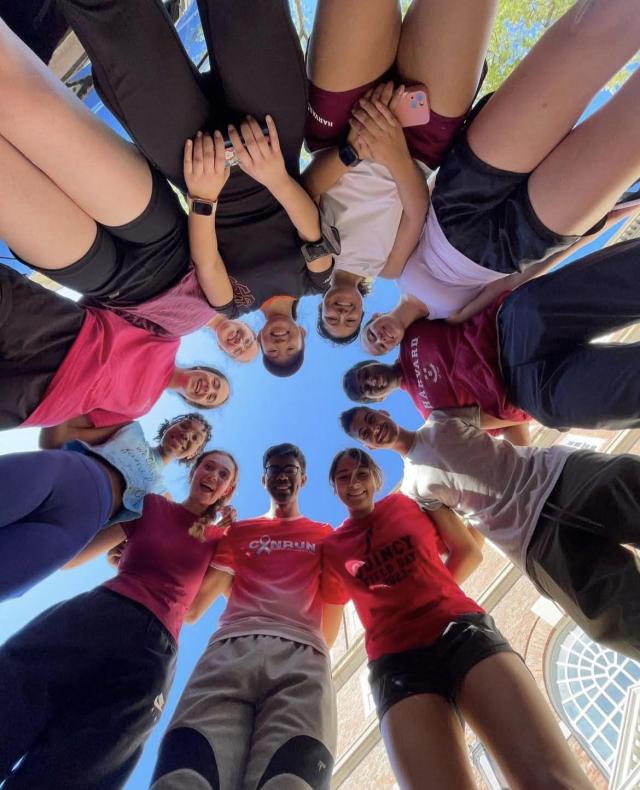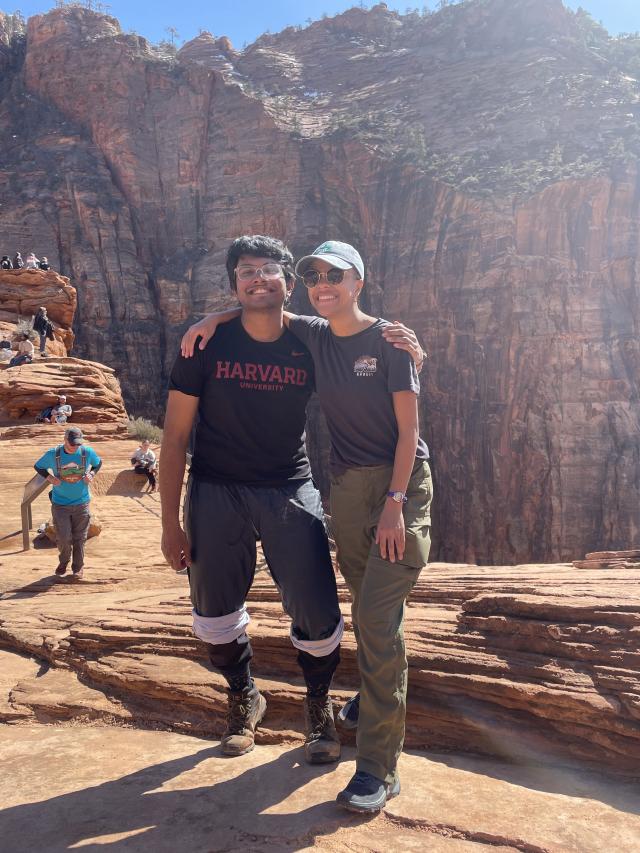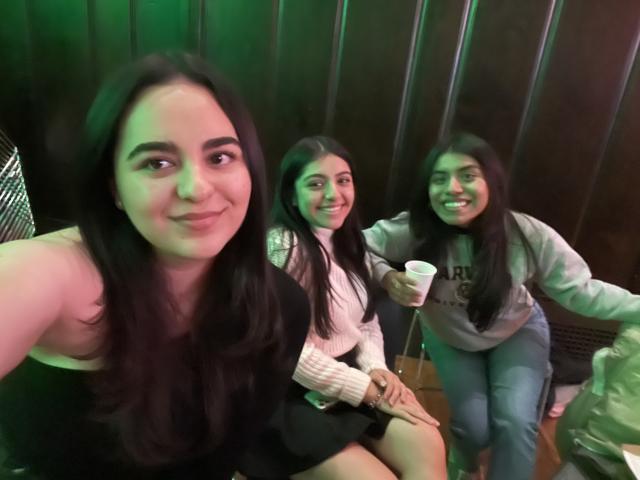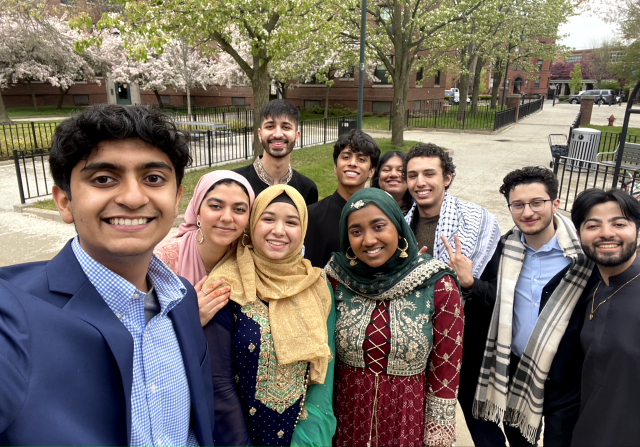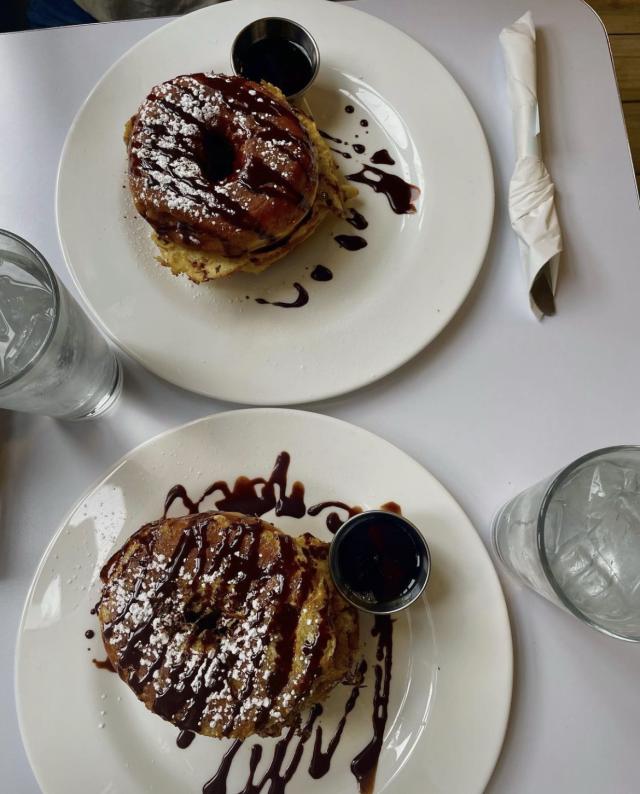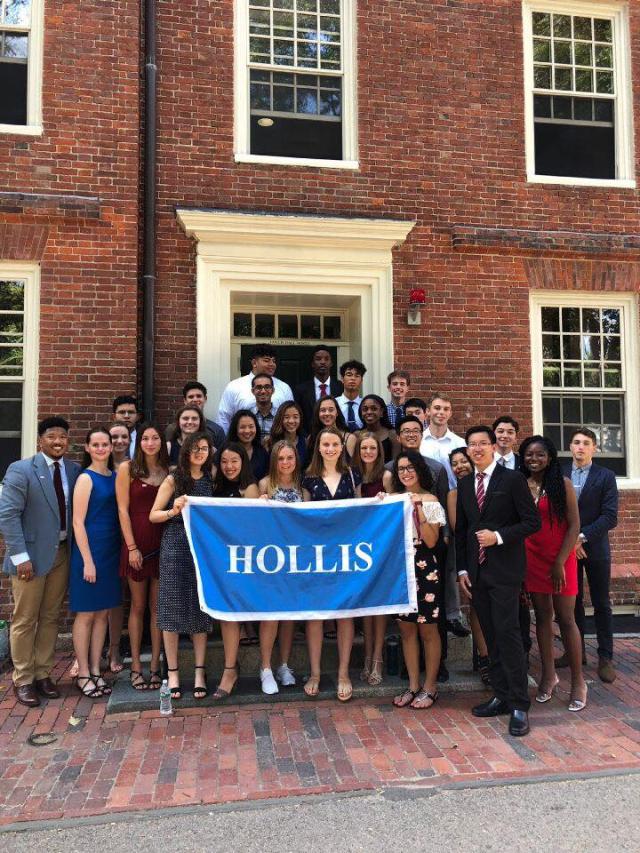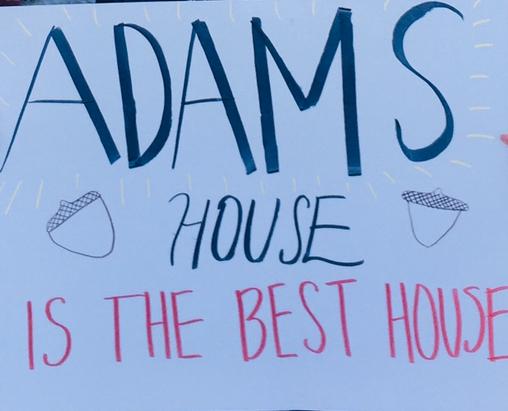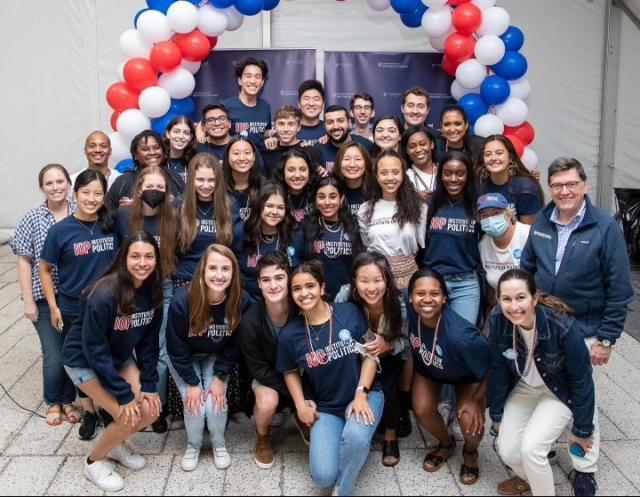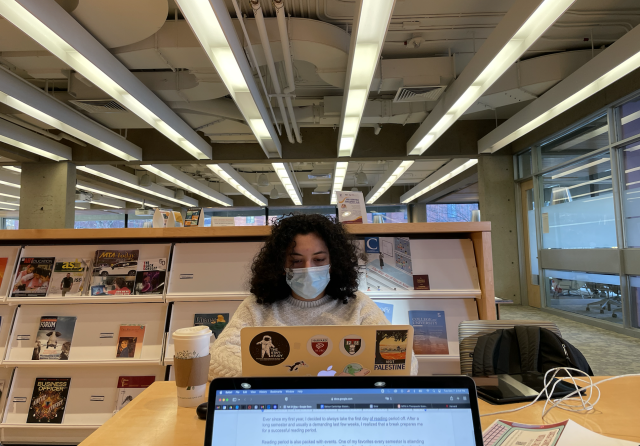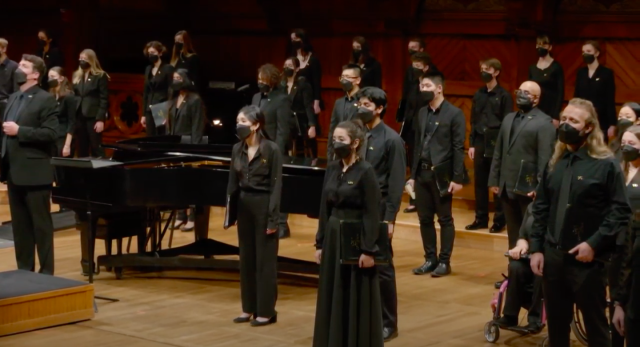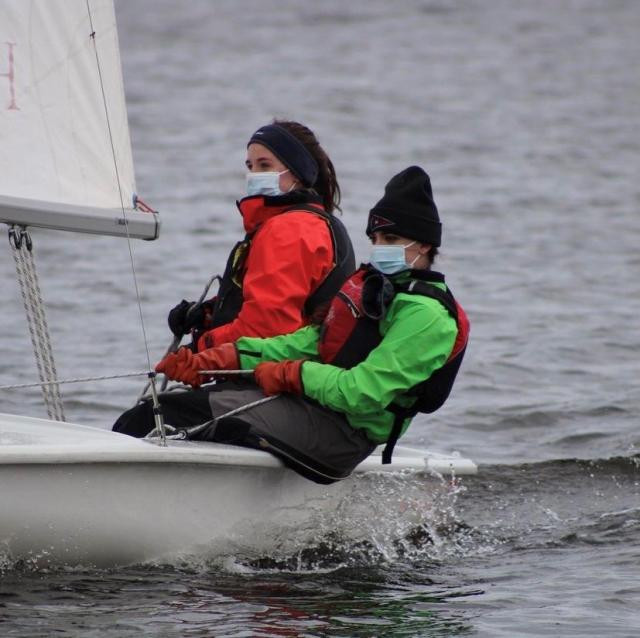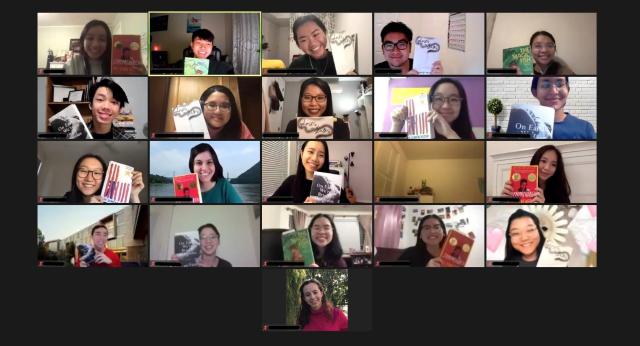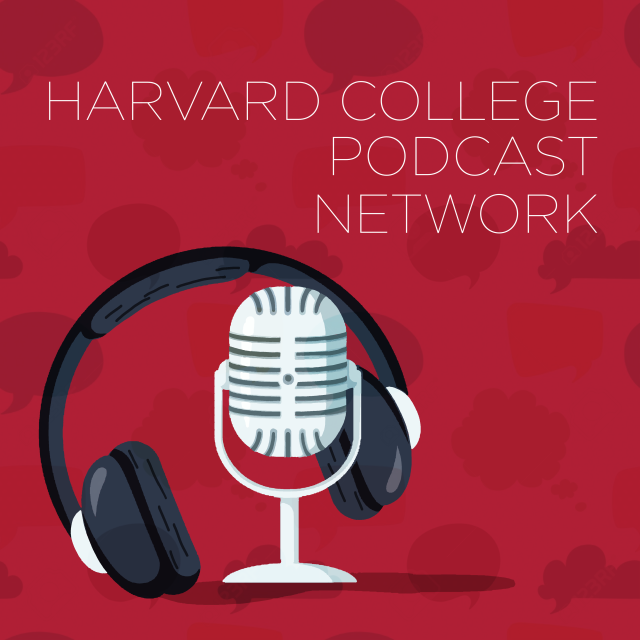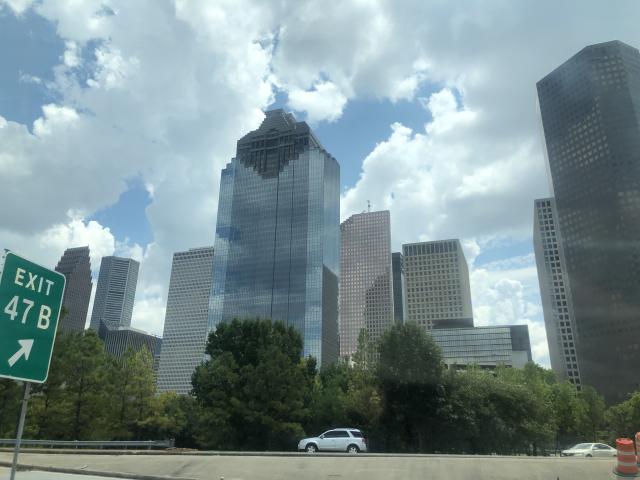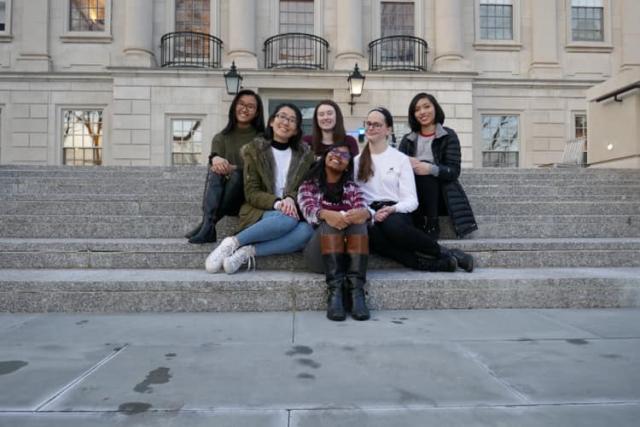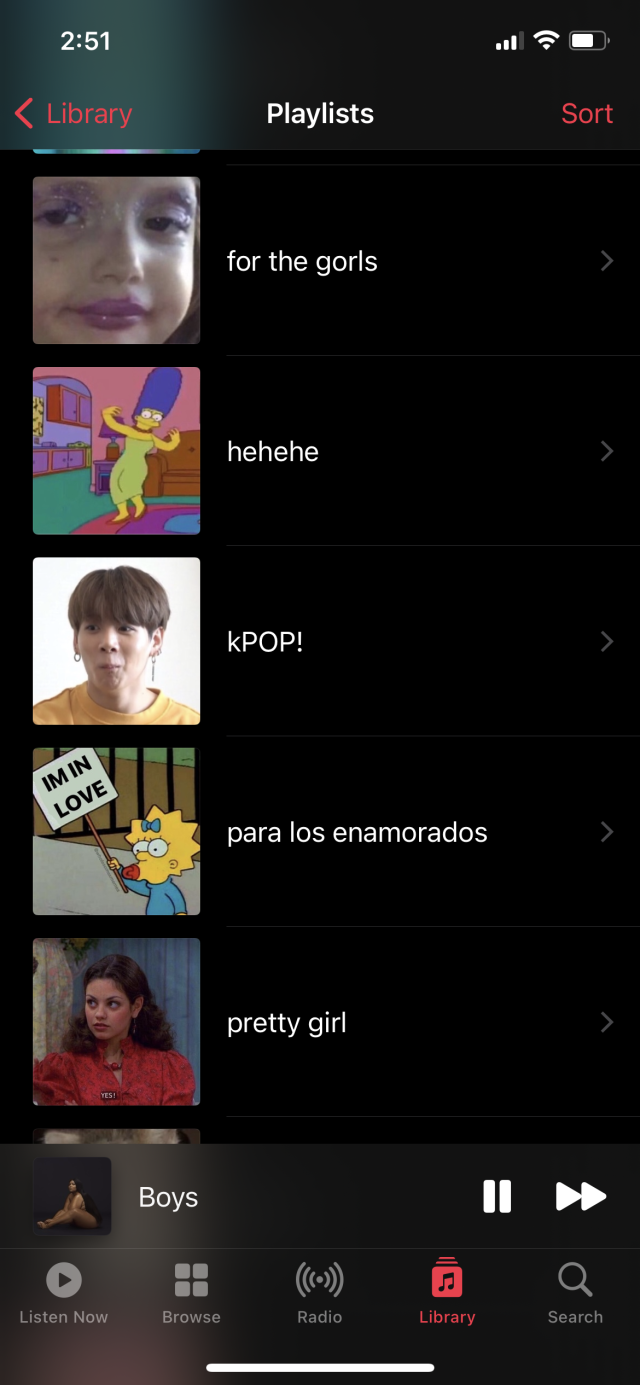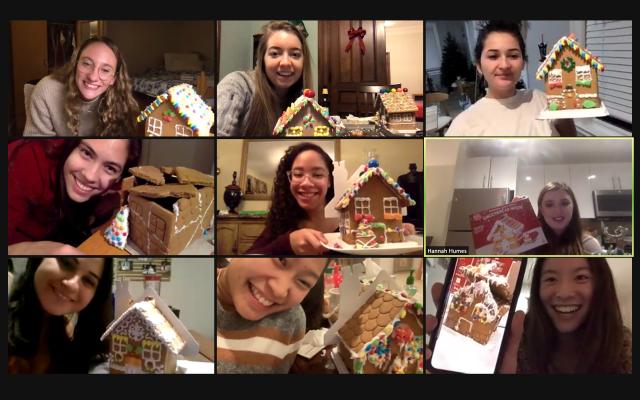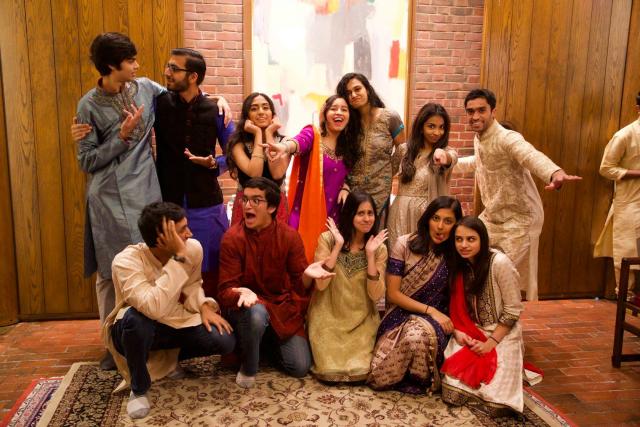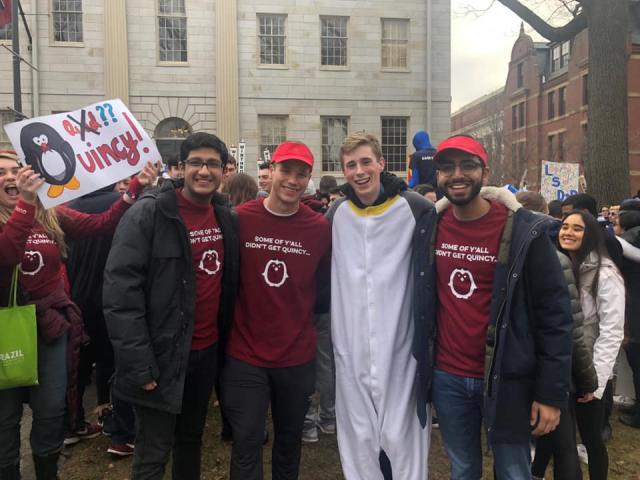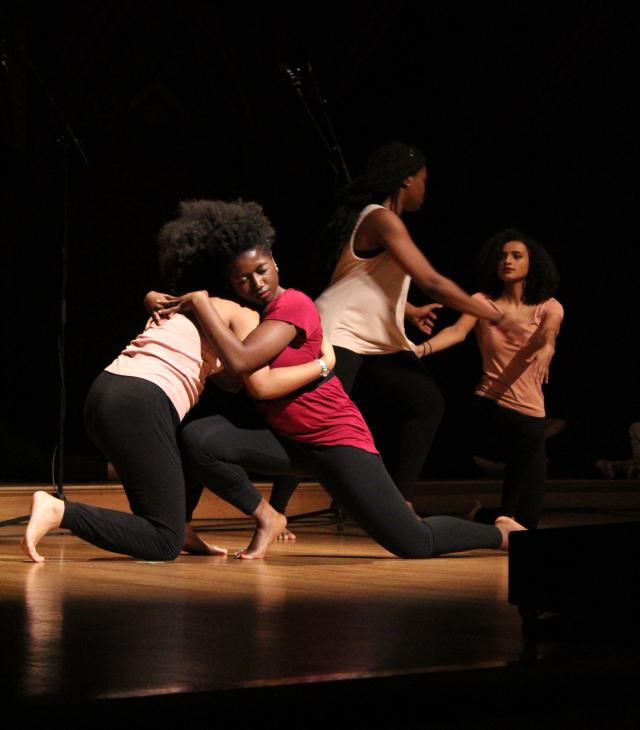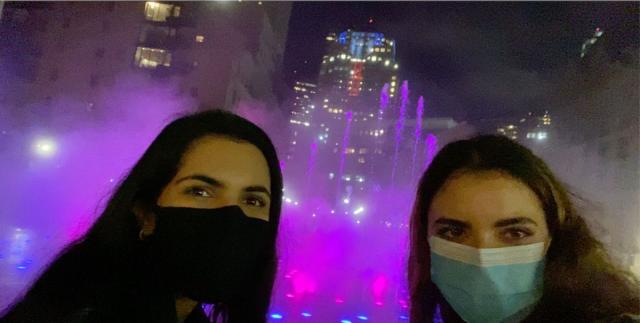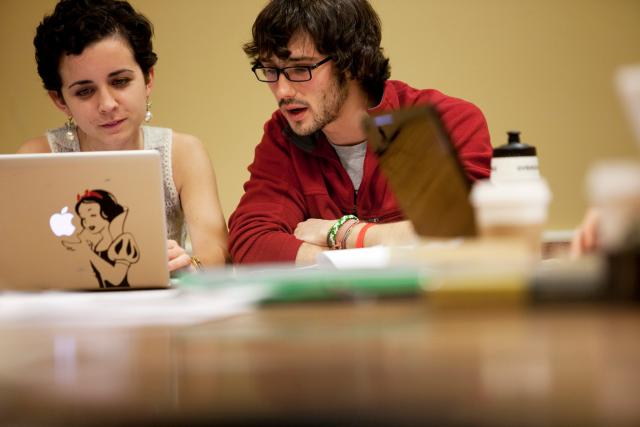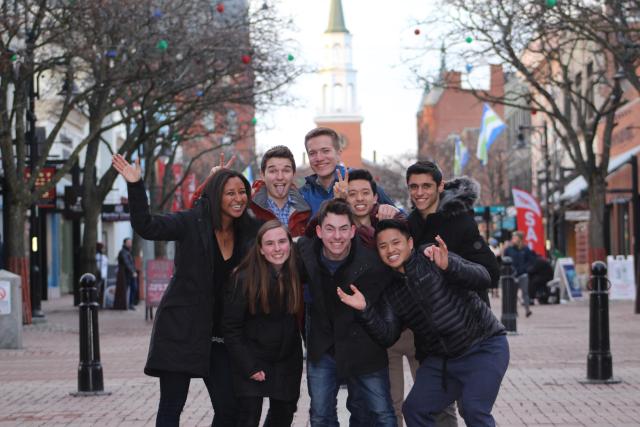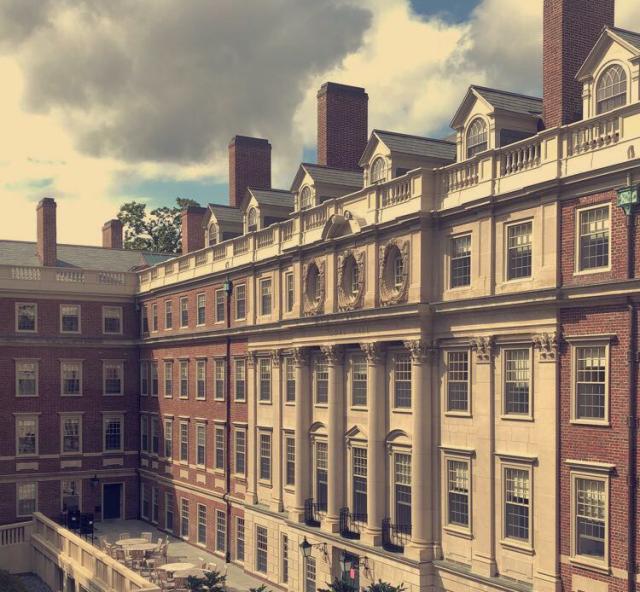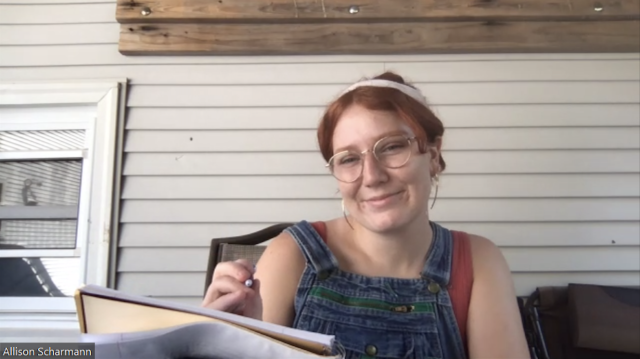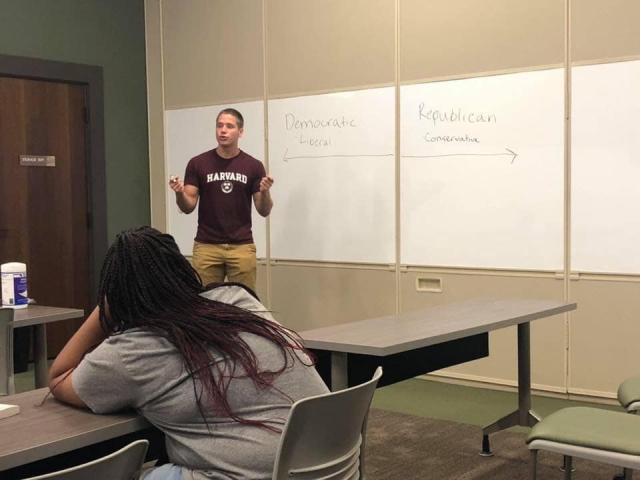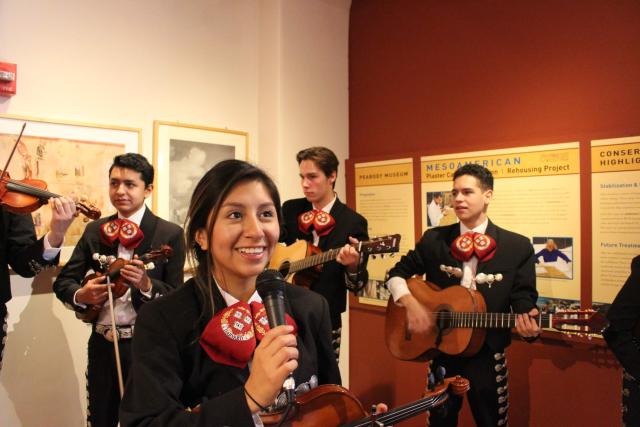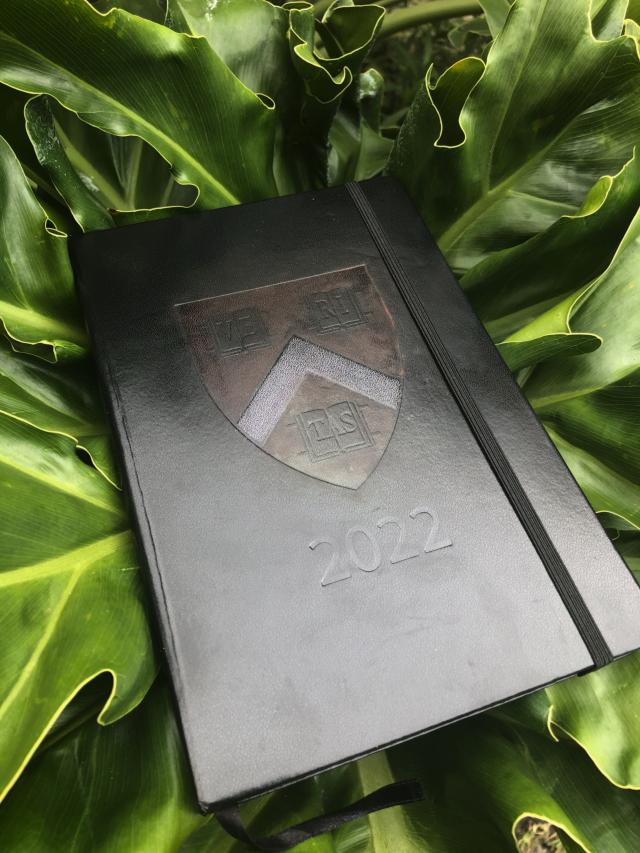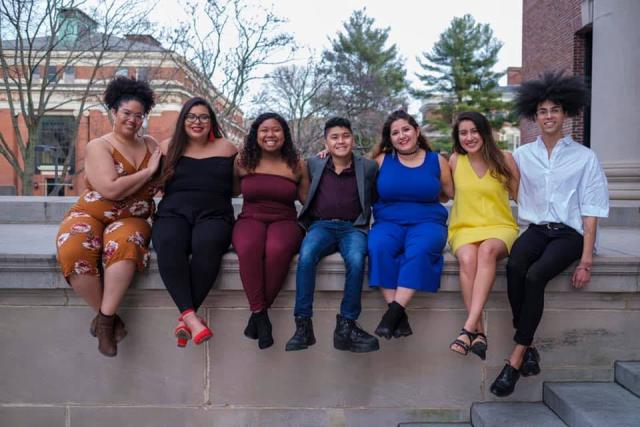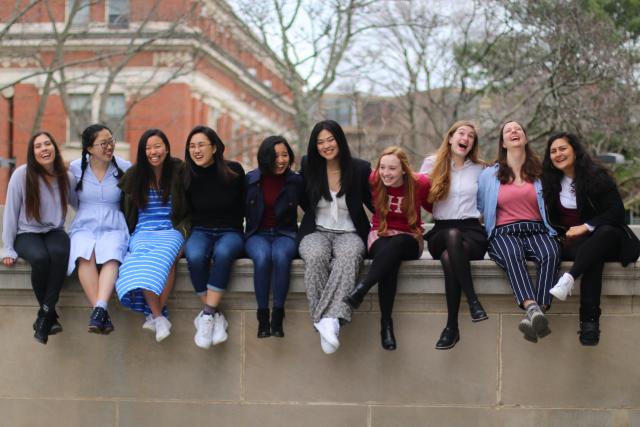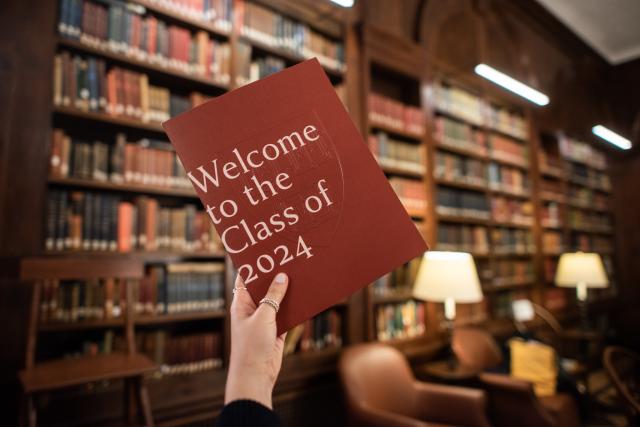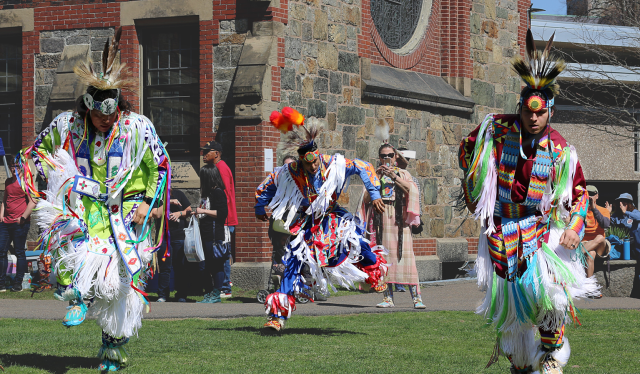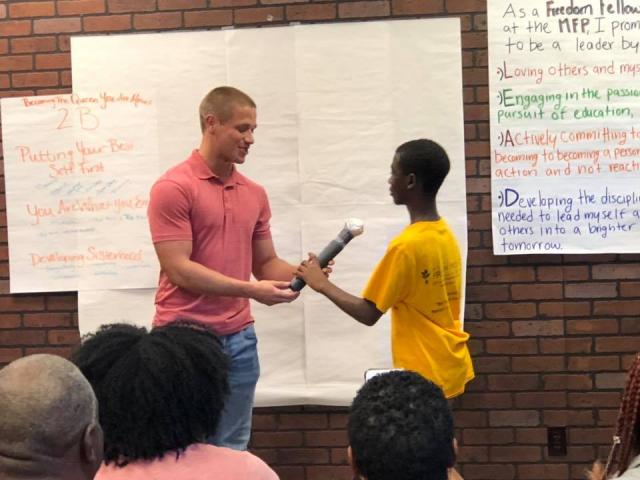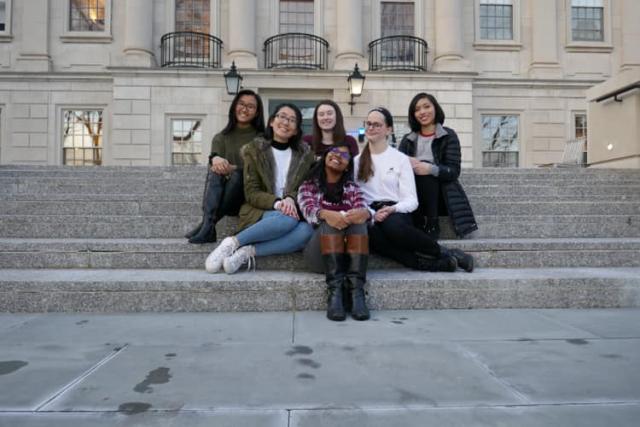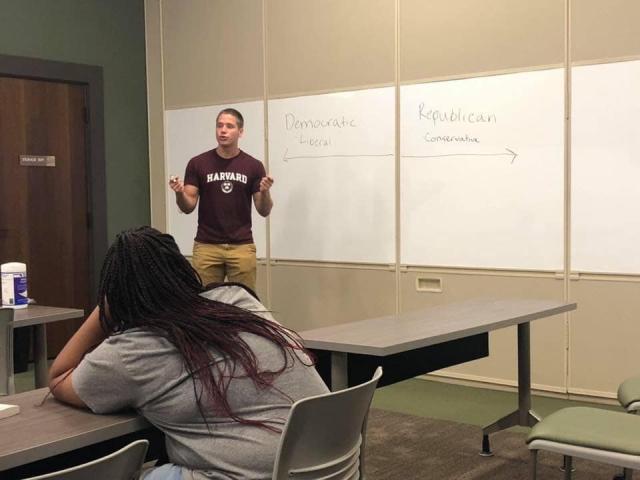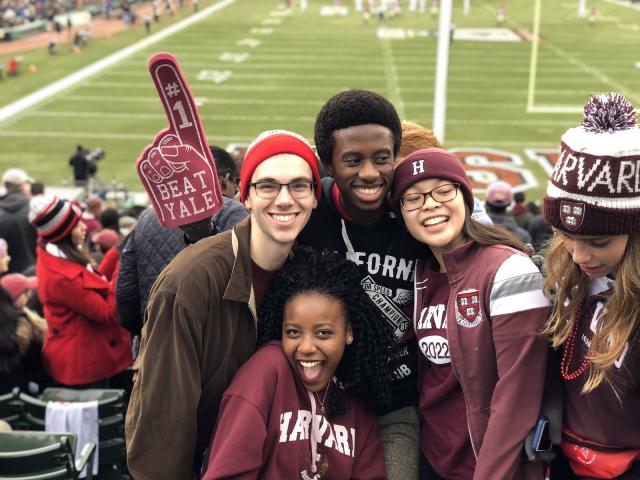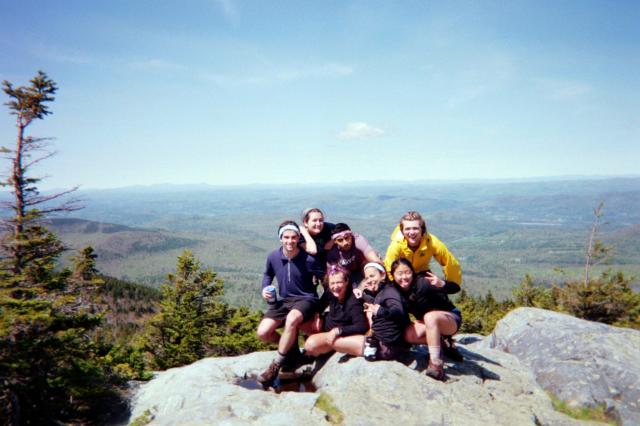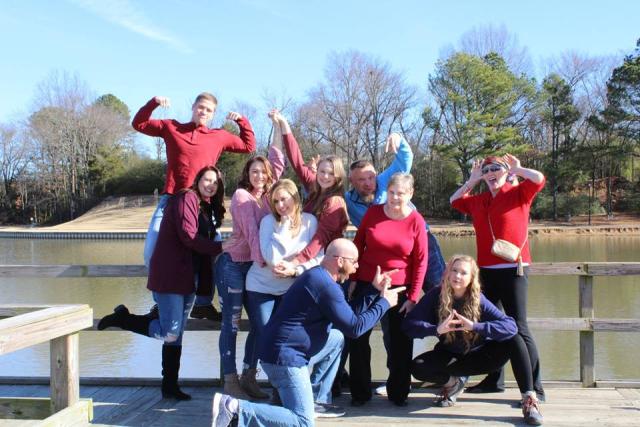Theater at Harvard is weird.
I don’t mean weird compared to theater elsewhere (in fact, theatrical productions at Harvard are generally of a pretty professional caliber), I mean weird compared to other extracurriculars.
There is no centralized theatrical organization on campus. Yes, there is the Harvard-Radcliffe Dramatic Club, but they don’t put on shows, they oversee shows. And yes, there are some independent theatrical groups like the Harvard College Opera and HRG&SP, but they’re each fairly limited in their repertoire/style. If you’re a huge Andrew Lloyd Weber fan and you want to put on a production of Cats or Phantom of the Opera, or if you want to write and produce your own original show, what you have to do is gather a group of your friends together—a director, a music director, a stage manager, a few producers, etc.—and apply for a venue, a physical location to put on your show. If whoever runs that particular venue is impressed by your application, then congratulations! You’re good to go.
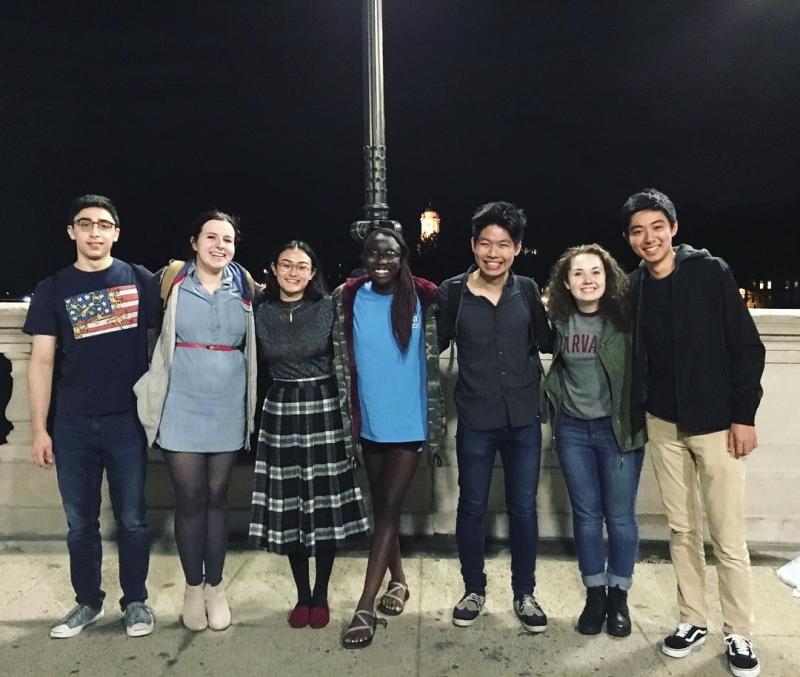
The Froshical Team
From left to right: Sam (Producer), Chloe (Lyricist), Fari (Director), Aviva (Stage Manager), Ian (Composer), Sam O. (Book Writer), Me (Music Director)
Now, sure, there are advantages to this system: variation in proposals, self-selection of compatible teams, the fact that it mimics how theater in the real world works. But for some—first-years, especially—it can feel pretty exclusionary.
The venue application process is confusing. Writing artistic statements and drafting budgets and assembling a team is no easy task, especially if you’ve never done it before. The latter is made almost impossible unless you have connections, unless you know people who can conduct an orchestra or build a set. So, for first-years who are looking to write, to produce, to stage manage, or—like myself—to music direct, it can be almost impossible to find an opportunity to do so.
Enter, the Froshical.
The Froshical (officially, the First-Year Musical), is an original musical written, composed, produced, and performed entirely by the first-year class, and was created 25 years ago to solve those very concerns.
I first received the email over my first-year dorm listserv during the first week of September. “FROSHICAL APPLICATIONS,” the subject line read. Having played in a few pit orchestras in high school and still trying to figure out what extracurriculars I wanted to commit myself to, I figured I’d throw my hat into the ring for music director and see what happened. Seven months later, I would find myself standing in front of the stage at the Agassiz Theater, baton poised, my orchestra at the ready, about to give the downbeat for “Up and Away,” the first song in Cruising Altitude, the 24th iteration of the First-Year Musical.
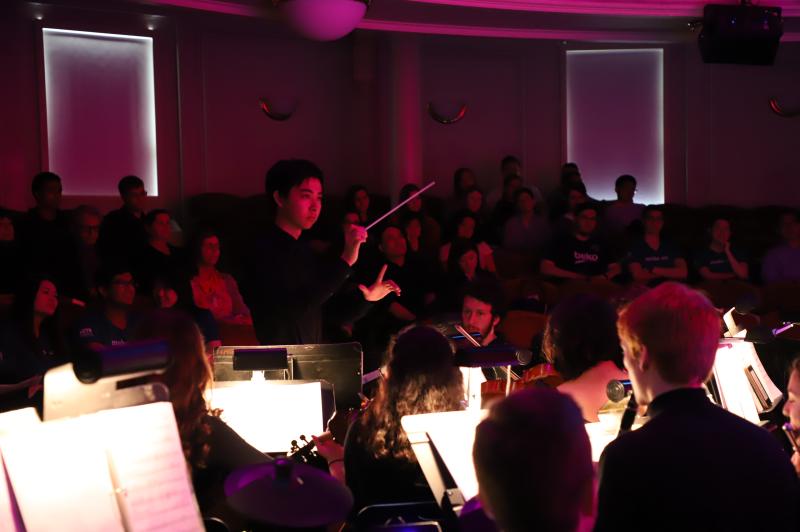
Music Directing
In addition to a 15-person cast and 19-person staff, we had a 13-piece pit orchestra! Courtesy of Dylan Zhou
A lot happened over the course of those seven months. We grew; a team of eight became a company of over 50 actors, musicians, and techies. We met—often, for hours at a time, in Annenberg or Cabot Library or Holworthy basement. We wrote and rehearsed and played Subway Surfer and painted clouds and built a plane and performed our hearts out until the applause died down for the last time and it was all over.
To elaborate any further on those seven months would require far more words than I am allotted in this blog post, so I will leave it at that (if you wish to find out more about Cruising Altitude, I encourage you to check out our trailer here or the full show here). I do, however, want to share with you the two reasons I think every artistically-inclined first-year should participate in the Froshical.
The first isn’t necessarily unique to the Froshical, but you would be hard-pressed to find other opportunities to write and perform an original musical. Seeing an idea, a spark, something as simple as the words, “18-hour flight” uttered casually during a meeting in October transform into a 2.5-hour musical with 19 songs and dance numbers—it’s spectacular. The Froshical gives you an opportunity to be creative, to make art, to work with other extremely talented people to produce something you’re all proud of.
The second—and by far the most important—reason is the community. Indeed, it’s hard not to build a community around a musical. With the obscene amount of hours that go into planning, writing, composing, set-building, painting, rehearsing, and performing, you either make at least a few friends along the way or you quit by week two. And with Froshical, the community is composed entirely of first-years.
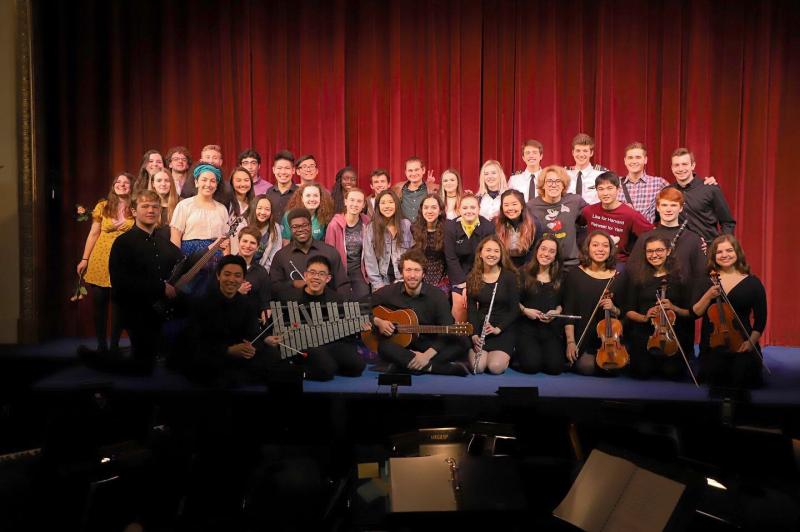
The Froshical Family
It's a pretty remarkable thing to get such a large group of exclusively first-years together like this!
This means there are no weird hierarchies, no juniors or seniors to make you doubt your expertise. This means that you see Froshical people everywhere—in Annenberg, in your classes, in the Yard—and that you’re never without company. This means that rehearsals often turn into study sessions and meetings turn into relationship-counseling sessions. It can feel hard, sometimes, to make real, good friends during your first year, hard to break down that wall of superficiality so inseparable from initially interacting with other first-years. Amidst the blood, sweat, and tears of putting together the Froshical, that wall immediately crumbles, and you find yourself making friends far more easily than you thought possible.
And even after it all ends, after the curtain lowers and the pit is disassembled and the set is torn down, you still remember the show. You still know the lyrics to “How Are the Kids?” and the tune of “We Are Here,” songs that no more than 50 people in the entire world could possibly sing. It’s like being a part of some huge inside joke, one that you can revisit on YouTube or laugh about in the GroupMe whenever you want, one that you share with a group of people that will be with you for the next three years.
And, to some extent, that’s not unique to theater; Harvard, with its countless student publications and sports teams and affinity groups, is a place of infinite places where you can find a community. The Froshical, however—with its singular collection of witty and caring and talented actors and musicians and techies—just happens to hold a special place in my heart.

